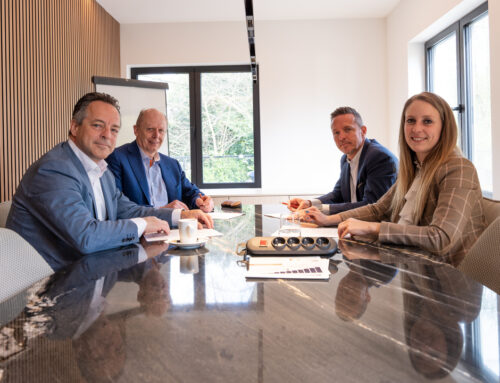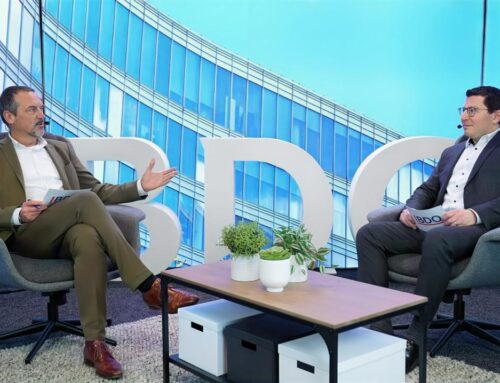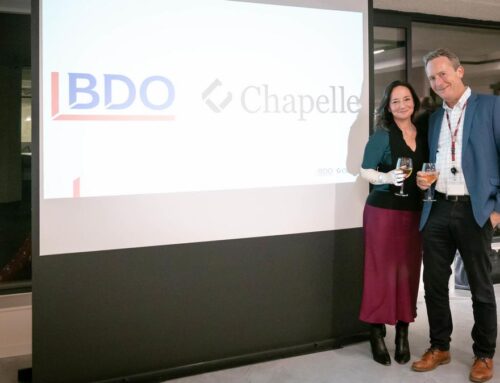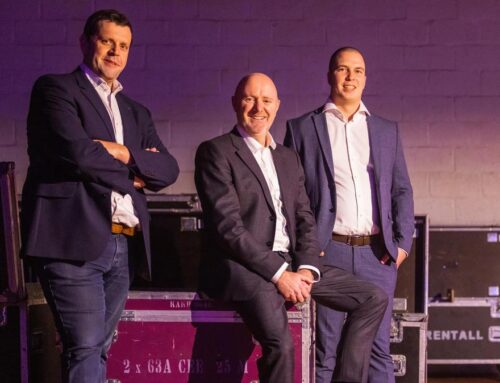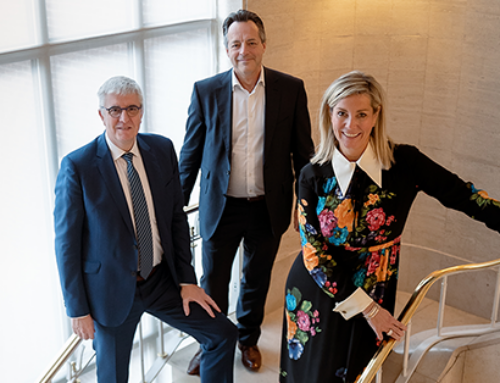How do you budget in times of corona?
For many companies, it’s time to get to work on the annual budget. However, the economic impact of the COVID-19 health crisis is not making it any easier to define plans and budget for the coming year. After all, companies must anticipate various scenarios and take into account specific risks and opportunities within the business environment. But because lack of certainty is a poor advisor, we will attempt to answer several pressing questions with regard to the budgeting process.
Authors: Dirk Vandendaele, Partner BDO Accountancy, Jan Vermeersch, Advisor BDO Digital

Picture: Dirk Vandendaele, Partner BDO Accountancy
Can you incorporate uncertainties into the budget?
Making predictions is particularly difficult in these uncertain times of corona, but you can certainly plan for what the future will bring. By creating scenarios during the planning process, you can account for uncertainties and think about the future systematically. Such scenarios enable the company to make decisions in the face of rapidly changing developments. In fact, they show the bandwidth and feasibility of the estimated results in relation to the strategic ambitions for the year being planned.
How exactly do you proceed?
It’s very simple. Identify one or more variables that strongly influence your organisation’s success. For a hotel, this could be the occupancy rate, for example; or subscriptions in the case of a business services provider. Then, make assumptions about a specific bandwidth within which that variable may move. Now link this to an action plan. As the variable moves or evolves, the actions vary.
“By using scenarios in the planning process, you can take uncertainties into account.”
Example: Scenario-based budgeting for a hotel
| Bandbreedte | Scenario 1 Optimale bezetting | Scenario 2 Normale bezetting | Scenario 3 Break-even | Scenario 4 Ondermaatse bezetting |
|---|---|---|---|---|
| Acties | Bezettingsgraad is A% | Bezettingsgraad is B% | Bezettingsgraad is C% | Bezettingsgraad is D% |
| Omzetgroei +A% | Omzetgroei +B% | Omzetgroei -C% | Omzetgroei -D% | |
|
|
|
|
Should you aim for a more detailed budget?
Definitely not. It is a natural reflex to try to eliminate uncertainty by specifying future budgets in more detail. But it’s a misconception that greater detail will result in a better, more accurate budget. Only add details where they are actually useful. There’s usually no point in budgeting for hundreds of cost items. Detailed sales accounts, on the other hand, can facilitate useful analyses. It is far more important to shift the focus from financial precision to strategic success.
Are strategic ambitions the foundation of the budgeting process?
Yes, they are. Budgeting must occur within the context of a business strategy. In many companies, the budget is still not sufficiently a translation of the strategy. A good approach is to translate the desired results into strategic guidelines that guide the budgeting process. Typical questions to help define such guidelines include, for example:
When resources are well aligned with strategic priorities, you can make difficult choices more effectively during the planning process. For example, with scenario-based budgeting, you can ask that departments not only propose recommended resources, but also describe what performance they can achieve with a 25% increase or a 25% decrease in resources, without specifying the strategic objectives.
How frequently should you budget?
Plan more quickly and more frequently. Brief, highly focused budget cycles are preferable. Furthermore, initiate the process as late as possible. The later you start, the more insight you have into the figures for the current financial year and the better a reference point these are for the next one. The longer the cycle, the greater the risk that certain assumptions will be out of date before the cycle has run its course.
By adjusting forecasts every quarter or month, you can systematically improve their accuracy as you go. Assuming sufficiently challenging objectives and adapting these frequently as lessons are learned seems to be the most advisable budgeting approach.
Can technology speed up the process?
That goes without saying. One of a finance department’s most time-consuming activities is gathering and preparing all the necessary information to engage with budget holders. Consolidating departmental budgets also takes a great deal of time and is often subject to strict time constraints. Lately, various software applications – Robotic Process Automation (RPA), to name but one – have appeared on the market that enable easy automation of time-consuming manual processes (read the article “BDO launches ‘Office of the CFO’. Is your finance department fit for the purpose and fit for the future?”). Relieving people of ‘boring’ repetitive tasks gives them more room to perform tasks with higher added value. In this way, the finance department really has time to engage with department managers to jointly arrive at a better-substantiated budget.



